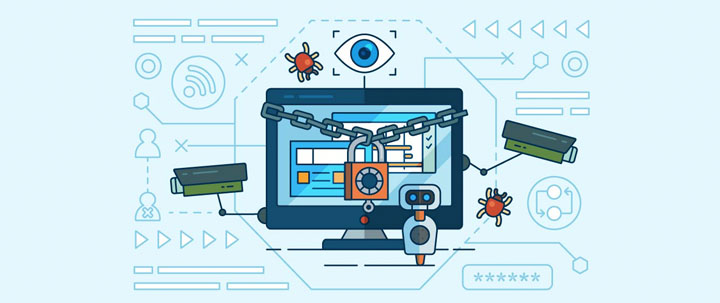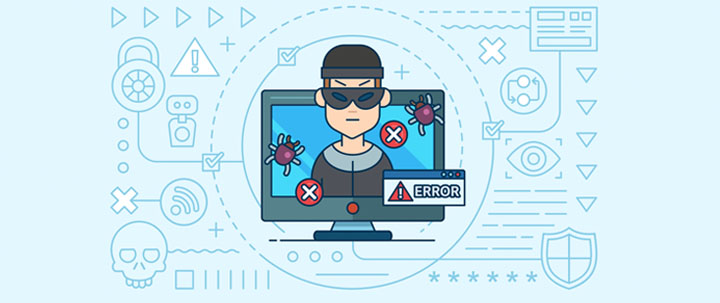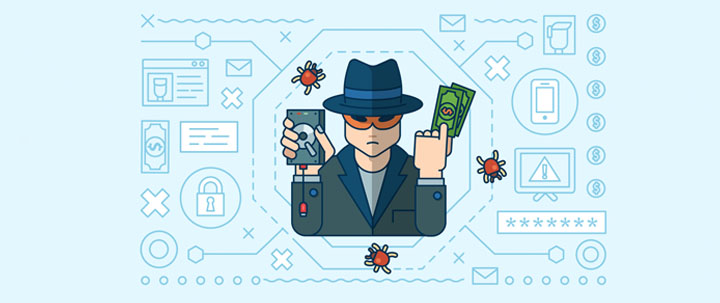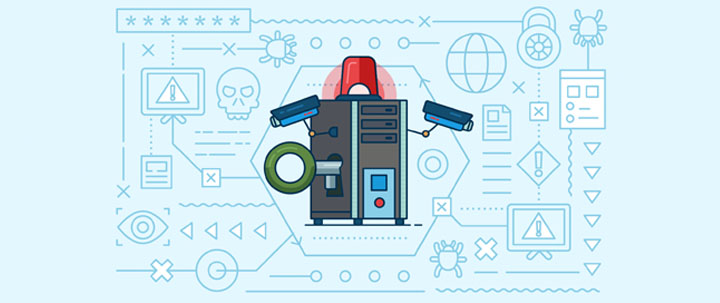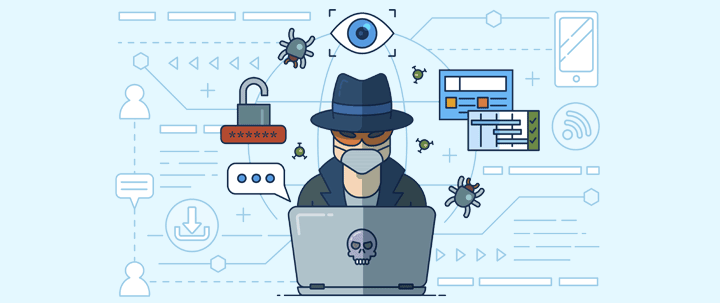Your Small Business Can't Ignore
Managing IT for a small business often means balancing the fine line between protecting your environment and staying within budgets. While larger businesses can afford to go overboard with multiple layers of advanced security, smaller companies have to be more strategic with their spend. Sometimes IT pros have to make difficult decisions about which investments are mission critical and which fall lower on the priority list.
However, at a time when cybercrime is surging, endpoint security is one expense you can’t afford to leave off the budget. Cyberattacks doubled in 2017, according to a report by the Online Trust Alliance, qualifying it as the worst year on record for cybercrime — and 2018 isn’t shaping up to be much better.
With the average cyber attack costing small businesses nearly $120,000, not to mention the damage to your company’s reputation, just one incidence could have catastrophic consequences.
To help protect your business and reduce the risk of falling prey to the next data breach, we’re sharing some five endpoint security tips you can’t ignore.
1. Take Stock of Your Vulnerable Entry Points
IT pros estimate that as much as 30 percent of their organization’s endpoints are unsecured, according to a report by the Ponemon Institute.
To identify where you’re most susceptible, take an inventory of all your company’s endpoints. That is, every piece of equipment or device in your organization connected to the internet — which includes everything from employees’ personal devices and laptops to printers, fax machines, and more.
Make a note of how each type of device is protected and adopt security for all vulnerable entry points immediately.
2. Thoroughly Vet All Vendors
While it may be tempting to invest in the most cost-effective products for your organization, bringing a device with poor security protocols into your environment to save money can be a fatal mistake.
Instead, grill providers about the security measures they’ve taken to reduce security risks. For example, built-in malware detection, automatic firmware updates, and fully encrypted network communications are three features of a well-protected piece of workplace technology. Paying a little extra for these capabilities, and only partnering with companies with a sound security policy can save your company thousands of dollars in lost data, legal fees, and other expenses related to cyber attacks.
3. Stay on Top of Asset and User Management
Are your users going rogue? When employees have administrative access to their work devices, they can also install any application they’d like. And while they may not mean to cause harm, each new piece of software installed opens your organization up to security risks.
The same holds true for older devices. It’s much easier to hack an old, outdated machine than a new one with better built-in security protocols. By investing in better asset management tools, you can make sure you’re replacing the weak technology in your business.

By adopting better user management practices, you can control who has permission to take certain actions. Administrative access should be limited only to those employees who have the experience and skill to accurately assess an application’s legitimacy, and are abreast of the security measures required to eliminate potential vulnerabilities.
4. Don’t Forget About IoT Security
The number of connected devices will top 30 billion by 2020, according to data published by Statista. This number includes devices that weren’t previously considered “hackable.” Everyday objects — like WiFi connected thermostats and locks, smart bulbs, smart plugs, and more — are now able to send and receive data, and are thus considered entry points.
While the Internet of Things (IoT) makes for smarter, more convenient workplaces, it also opens the door to more security risks than ever before. If you can’t afford to secure these devices, you probably shouldn’t invest in them.
5. Educate Employees and Stakeholders on the Importance of Endpoint Security Management
As an IT pro for a small business or an IT Helpdesk manager, you know how challenging it can be to convince the leadership team to sign off on new tech. But securing your endpoints is non-negotiable. To help employees and executive leadership better understand the importance of endpoint security, take time to educate them on the topic.
Be sure to include facts and figures — like the number of cyber attacks that happen each day (4,000 according to the FBI), or how well-meaning employees are often the weakest link in the cybersecurity chain who inadvertently expose companies’ most valuable assets to professional criminals. Remind users that anything connected to the Internet could be hacked, and should be protected.
Endpoint security is one of the most important investments your company can make. A company choosing to forego these protections is like a jeweler opting not to buy locks for the door. Your data is one of your company’s most valuable assets and, if you don’t put the proper measures in place to protect it, you can almost guarantee criminals will take advantage.

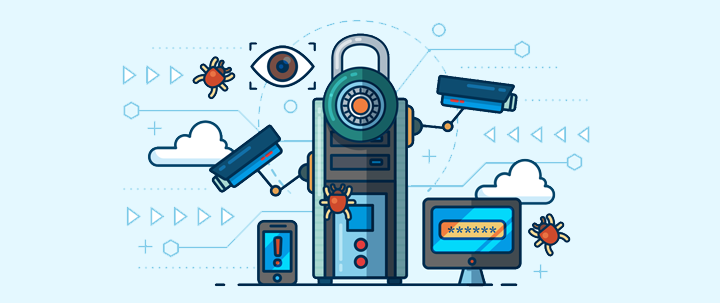

%201.png?width=559&height=559&name=close-up-women-working-with-devices%20(1)%201.png)
